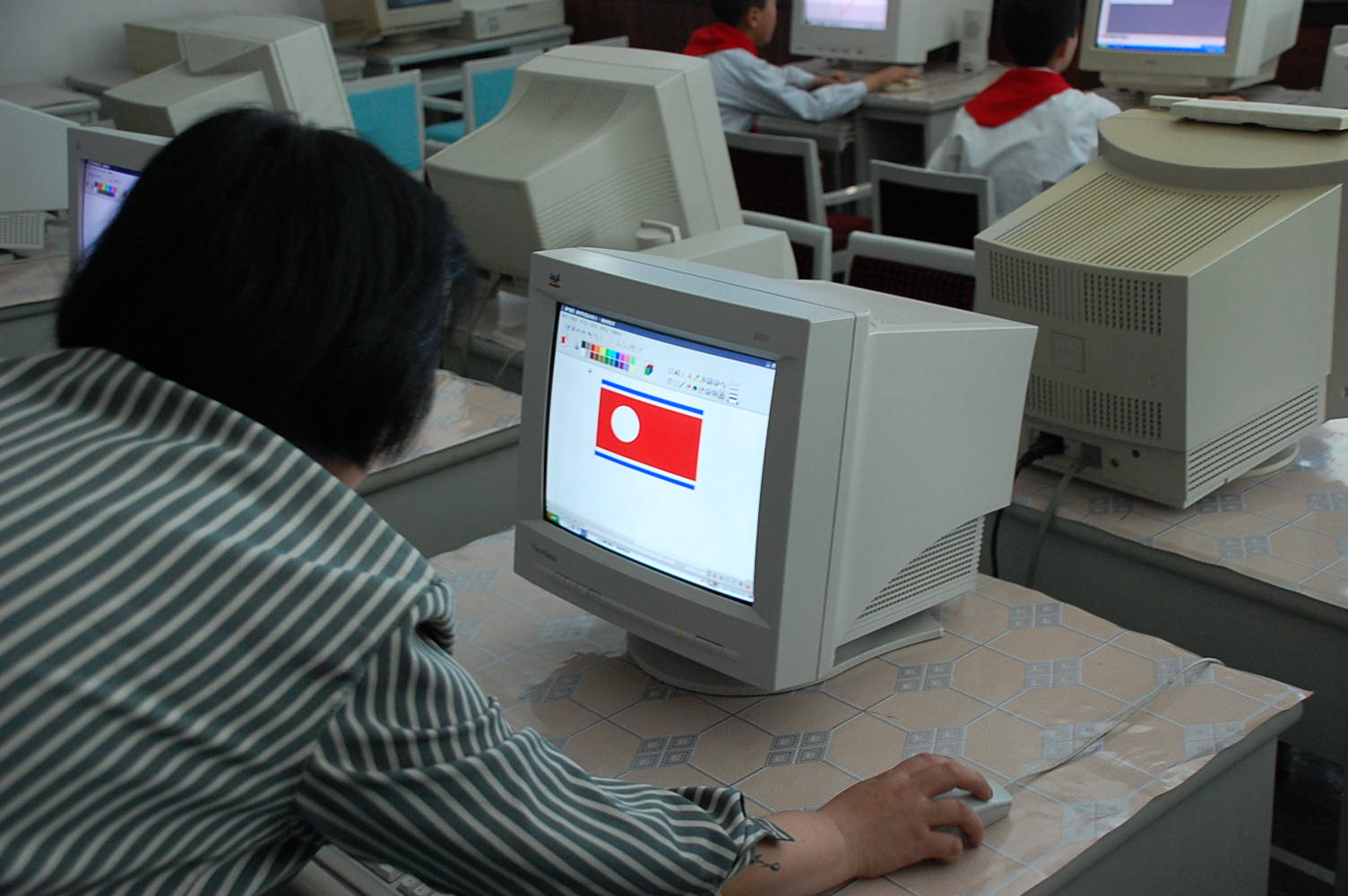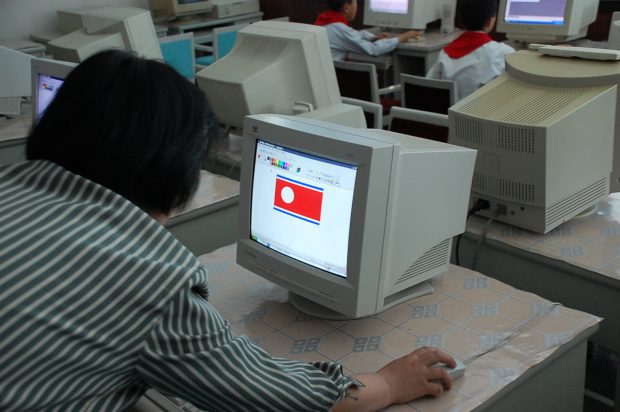
North Korea Ready to Expand Internet Access
North Korea is a country where residents do not have free access to the internet, but the country’s science-priority policies are leading to an expansion in the number of new users. On Aug. 31, the Korean Society for Internet Information (KSII), a South Korean institute focusing on information technology, published a paper written by five North Korean scholars, titled “Improved Hybrid Symbiotic Organism Search Task-Scheduling Algorithm for Cloud Computing,” on its website. This was the first time that a paper by North Korean scholars was published in a South Korean journal. The paper deals with how to speed up the processing of file storage in an internet-connected computer cloud through the latest artificial intelligence techniques.
The academy told KBS that they received the article from the North through email, and North Korean scholars expressed their hope for joint inter-Korean research projects in the field of information technology (IT). Park Chan-mo, chancellor of Pyongyang University of Science and Technology (PUST), said this was evidence of a change in North Korea’s policy toward promoting the country’s science and IT technology. According to Park, although PUST is the only university in North Korea known for its internet access, other top universities there might also be allowing students to use it. “This year, Kim Chaek University of Technology launched its website in August, commemorating the 70th anniversary of its foundation,” Park said, during a seminar on North Korea’s information and communications technology (ICT) held Tuesday at the National Assembly. “Kim Il Sung University started to run their own website about three to four years ago.”
At the seminar hosted by Seoul National University of Science and Technology’s Graduate school of Public Policy and Information Technology, Park said North Korea seemed to be expanding internet access to more students, citing the talks he had with officials at Kim Il Sung University. “They told me they were soon going to allow their students to access the internet, when I asked them three years ago,” Park said. As a Korean-American professor, he traveled in North Korea for 17 years before a U.S. travel ban took effect last year. Since 2011, he has served as chancellor of PUST, the first inter-Korean joint private university established in 2010. “North Korea’s software technology has reached a level comparable to that of developed countries and this has been proven at many international software and coding competitions,” he noted.
Among the North’s award-winning programs is an artificial intelligence Go (known as Baduk in Korean) program “Eunbyul,” developed in 1997 by five technicians from the Korean Computer Center (KCC). The program won first prize at the Computer Go World Championships held by Japan’s Foundation of Fusion of Science and Technology (FOST) in 1998 and from 2003 to 2006, consecutively. “If inter-Korean exchanges take place in the field of ICT, the hardware of South Korea and the software technology of North Korea will have great synergy,” Park said. “International sanctions on the regime and the overall gap between the two Koreas in levels of information communication technologies, however, would be hurdles in inter-Korean ICT exchanges.”
By Jung Da-min
(Korea Times)



